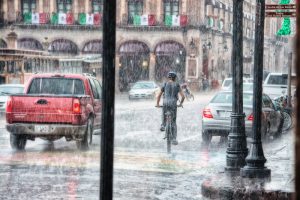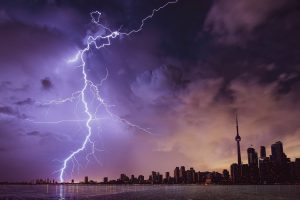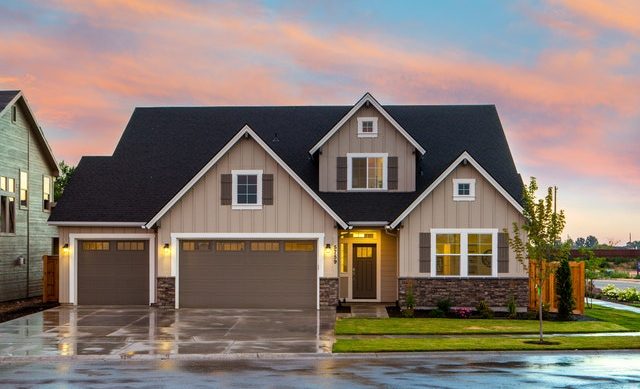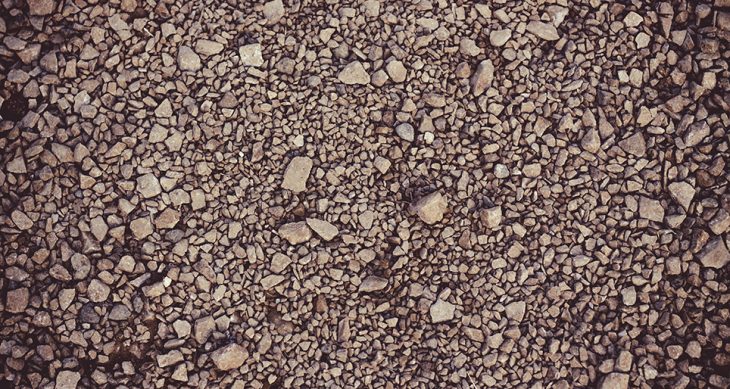
- Posted on
- Comments 1
Prepare Your Home for Drastic Weather
Hurricanes, earthquakes, wildfires, floods, volcanoes, landslides, and other severe weather conditions often lead to natural disasters. Usually, homeowners are ill-prepared until the break of natural disaster warnings. The strength of your home’s building material, damage prevention, and safety tips can protect your family. A natural disaster might sometime be unavoidable, and the need to fortify your home is important. Before you sell your property, check out these tips on how to prepare yourself.

Safety Is Key: Be safety conscious and place your fire extinguisher inaccessible locations around the home. Check the expiry date of the fire extinguishers content, pressure gauge, and the hose regularly to be sure of its working condition. In the event of an emergency fire outbreak, it’s expected that you fight back with the extinguisher until you get support from the fire service.
Secure Possession outside Your Home: The garage might be a temporary storage location for keeping old home appliances, toys or extra furniture. Use cables and bungee cords to hold loose parts of home possessions that will remain outdoors because they couldn’t fit into the storehouse. If you have furniture in your patio, secure them with binding ropes to strong exterior structures of your home before severe weather breaks. You wouldn’t like to see your possession flying around during a hurricane outbreak.
Strengthen Weak Structures: While preparing for drastic weather conditions, protect the critical areas of the home with strong materials. Also, move extra home equipment and furniture to the garage when there’s no space in the living room. Install wind shutters, double-paneled windows, and heavy-duty doors. Ask your building contractor to check for loose parts of the roof. They’ll check for missing shingles, chimney tiles, and aging roofing sheets.
Family members living in attic rooms are more exposed to the risk of bad weather when there’s a defective part of roofing (single-ply, metal, or shingles) materials in your home. During heavy rain and fast-moving winds, stay away from doors and windows – don’t be caught unawares. Ensure your home’s windows have unbroken seals and no obstruction keeps them from being properly locked. Don’t wait until severe weather conditions are imminent before inspecting and making necessary repairs.
Fallen trees: Cut down trees with shallow roots, and weak branches. Storms and hurricanes can be catastrophic especially when you have tall trees around your home. The weather channel can guide you on the possible direction of winds, and offer flash flood warnings. However, potential dangers lurk during a storm when trees become taller than the property structure. Change the position (transplant) of short tree plants when they grow too close to your house.
Clear The Rain Gutters: Check downspouts drain, and clear your rain gutters from debris to allows free passage of rainwater. When the channel is blocked it can change the course of rainwater during severe weather condition. When there’s continuous rainfall, blocked drains can lead to flooded yards and homes.
Insurance Cover: Get insurance covers for your home before natural disasters occur. Understand the insurance policy that suits your home before signing the document. More so, ensure that any part of the pre-insured property doesn’t constitute liability hazards so the property can go for sale by the owner.
Avoid Electrical Shocks: During intense storms and rainfall, it’s possible for external power lines to be pulled down and submerged in floods. Ensure your building conforms to property regulations, and also install lightning arrestors to prevent shocks and electrical fire. Before the outbreak of severe weather conditions like floods, shut off the main electrical control unit. Electric shocks occur faster when wires are exposed to water.
Take Inventory of Possessions: Valuables and documents can be destroyed in wildfires. Protect your valuables by keeping jewelry in bank vaults, or family member living in regions that are safe from natural disasters. You can also keep jewelry, mementos, mortgage documents, and insurance policy papers in fireproof boxes. Get an inventory of your valuables; document their serial numbers, date of purchase, and worth.

















